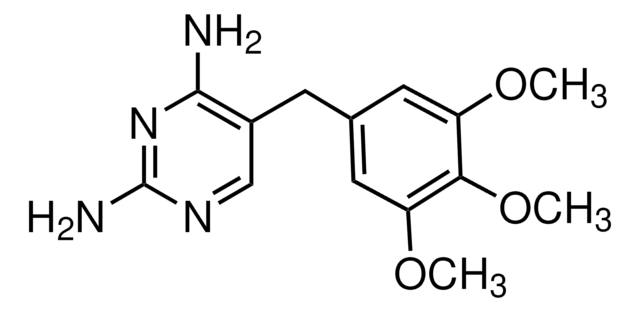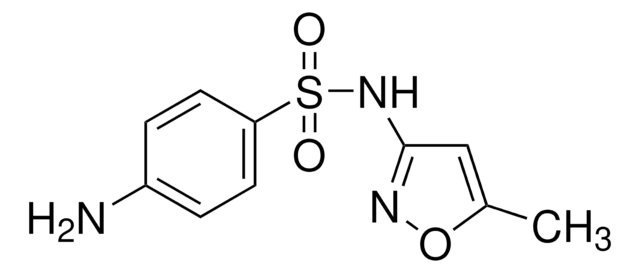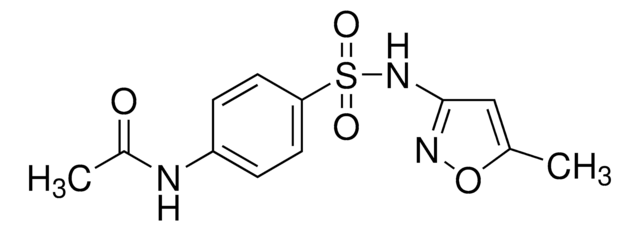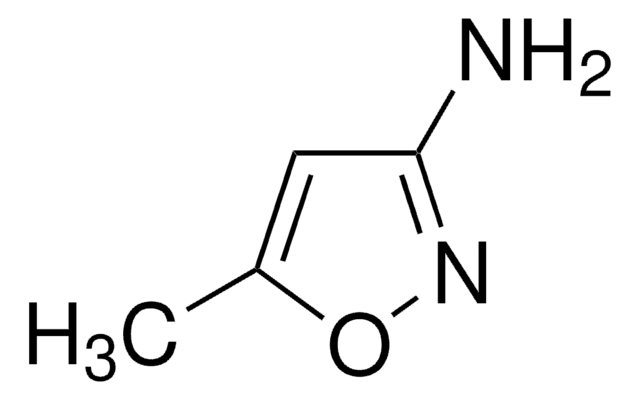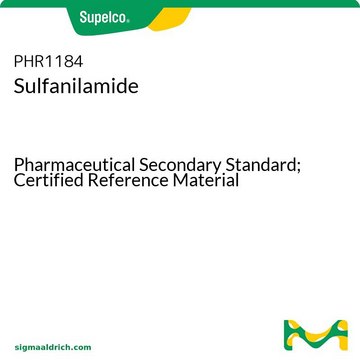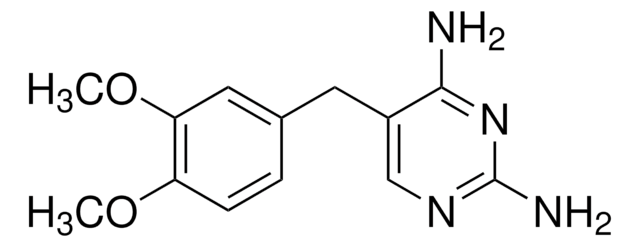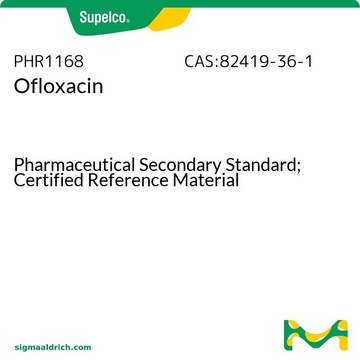PHR1126
Sulfamethoxazole
Pharmaceutical Secondary Standard; Certified Reference Material
Synonym(s):
4-Amino-N-(5-methyl-3-isoxazolyl)benzenesulfonamide, N1-(5-Methylisoxazol-3-yl)sulfanilamide
About This Item
Recommended Products
grade
certified reference material
pharmaceutical secondary standard
Quality Level
Agency
traceable to BP 314
traceable to Ph. Eur. S2100000
traceable to USP 1631001
API family
sulfamethoxazole
CofA
current certificate can be downloaded
technique(s)
HPLC: suitable
gas chromatography (GC): suitable
application(s)
pharmaceutical (small molecule)
format
neat
storage temp.
2-30°C
SMILES string
Cc1cc(NS(=O)(=O)c2ccc(N)cc2)no1
InChI
1S/C10H11N3O3S/c1-7-6-10(12-16-7)13-17(14,15)9-4-2-8(11)3-5-9/h2-6H,11H2,1H3,(H,12,13)
InChI key
JLKIGFTWXXRPMT-UHFFFAOYSA-N
Looking for similar products? Visit Product Comparison Guide
General description
Application
Analysis Note
Other Notes
Footnote
related product
Signal Word
Warning
Hazard Statements
Precautionary Statements
Hazard Classifications
Aquatic Chronic 2 - Repr. 2
Storage Class Code
11 - Combustible Solids
WGK
WGK 2
Choose from one of the most recent versions:
Already Own This Product?
Find documentation for the products that you have recently purchased in the Document Library.
Customers Also Viewed
Our team of scientists has experience in all areas of research including Life Science, Material Science, Chemical Synthesis, Chromatography, Analytical and many others.
Contact Technical Service